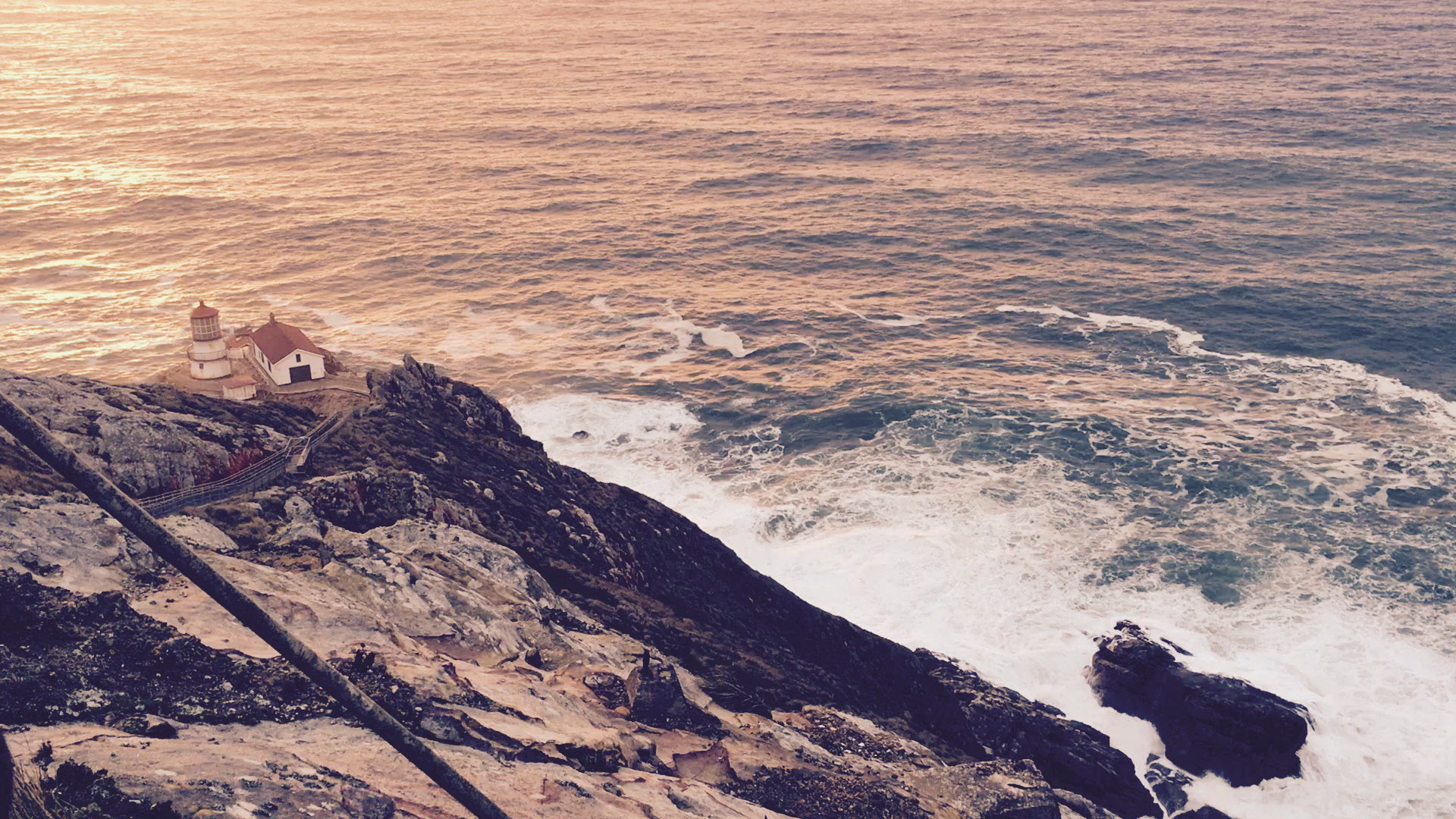I read an article in the NYTimes that laid out an argument for why more and more people are choosing not to have children in the face of climate change. I admit that having children (or likely one child in my case) took a long time for me to come to terms with, and even then I wasn’t sure it was the right decision. I knew in the back of my mind that a family was something I wanted, but it’s taken me 37 years to actually take the plunge. And although I’m excited by the thought of the little human forming — and now kicking — inside me, I have my apprehensions. Namely:
- What type of world will my daughter inherit?
- Will she thrive?
- Was this whole idea just selfish?
Sound depressing, dire and apocalyptic? It sure is, but this is the reality we live in and these are the questions that run through my mind, sometimes on a daily basis. These thoughts have also introduced me to a deep form of anxiety that I’m not quite familiar with — and I’m not alone. In fact, a brand new field of psychology called “ecoanxiety” is popping up as a result of this existential feeling which, according to the American Psychological Association reflects “Gradual, long-term changes in climate [that] can surface a number of different emotions, including fear, anger, feelings of powerlessness, or exhaustion.”
But let’s be real. Populations on the front lines of climate change have been facing the reality of “ecoanxiety” for years. Commonly referred to as climate refugees or environmental migrants, these communities face drought, famine and sea level rise that’s forcing them and their families to abandon their home today, not in some vague, distant future. Climate change isn’t amorphous or too big to comprehend for these populations; it’s a harsh, life threatening reality that’s taking place as we speak.
To complicate matters (and don’t get me started on politics), climate change creates a sort of cognitive dissonance whereby the issue is so vast and so overwhelming that many people simply tune out, adding disengagement to an already complicated issue, and one that’s in desperate need of increased public attention and moral outcry, not less. Take a look at the #ValveTurners. You might not agree with what they did, or their unconventional approach, but you have to admit that the severity of climate change isn’t being met by the urgency of action and they took a stand and made a pretty big statement — a statement that landed some in jail.
The lesson: the longer we wait to act, the fewer and more desperate options we have. Whether we choose to live surrounded by indifference, fear or political denial, the truth is staring us in the face and has been for some time. Should we choose to act on the scale necessary to turn this ship around is up to us, and it’s beyond time for us to acknowledge that climate change is impacting each and every one of us on a significant level. After all, last time I checked, we only have one planet that we can safely inhabit and I don’t believe a mass exodus to Mars is anywhere in our realistic future.
So, what do I tell my daughter who’s set to greet this crazy world in July? Do I tell her what a polar bear was or what four actual seasons felt like? Do I tell her that I sat idly by when corporate interests and self-serving politicians threatened our planet? Or, do I say that I did all that I could to ensure she inherited a planet that was beautiful, balanced and stable enough for her to live on and perhaps start her own family someday?
As dramatic as all of this may sound, this is the type of conversation we’re having (or should be having) right now and I, for one, don’t want my child and future generations living in an inhospitable place. I don’t suspect you do, either. So, if you have children, are thinking of having children, or simply remain concerned about the survival of our species — among others — I have a feeling you might have similar thoughts. And that inner voice is one you should listen to, for if we added up all of those voices, I bet we’d see some real, positive change both for our time on Earth and for those that follow in our footsteps.
This post originally appeared on Medium.


